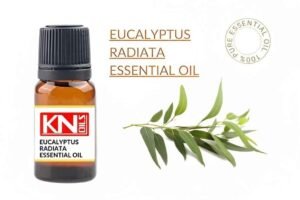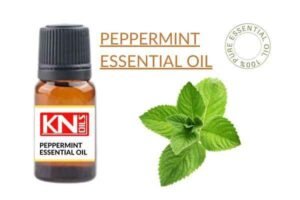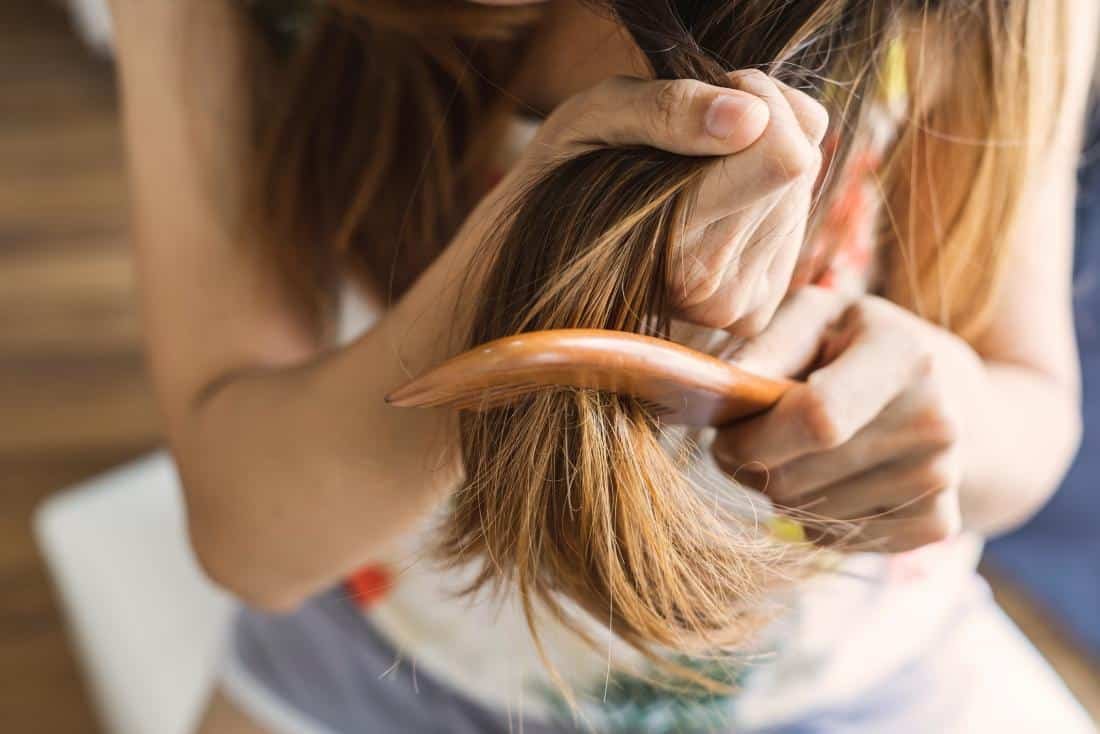When it gets colder outside, our health may start to deteriorate. During the colder months, coughs, sniffles, and colds are common health concerns.
The common cold and flu are highly contagious and simple to catch, therefore it’s crucial to safeguard our immune systems to stop the spread of infections.
Let’s look at natural ways to ward off the flu, cold, and cough. By selecting essential oils with certain qualities and knowing how to use them successfully, aromatherapy can rescue the day.
The Benefits of Essential Oils
Generations of people from many different cultures have utilized essential oils as a natural prophylactic and cure for a wide range of illnesses, including the common cold.
Humans have been using plants as herbal treatments for 60,000 years, or since the Paleolithic period, according to Yufang Lin, MD, a board-certified physician who works at Cleveland Clinic Wellness. “In contrast to medications, plants frequently have a variety of uses. For instance, lavender has characteristics that are anti-inflammatory, antiseptic, anti-anxiety, and antidepressant.
Do Essential Oils Really Work for Colds?
Extensive study has shown the effectiveness of essential oils in treating respiratory issues, including the symptoms of the common cold.
For instance, in Germany, an ointment of eucalyptus, pine needle, and menthol essential oils was found to be useful in treating upper respiratory infections in adolescents.
A combination of Eucalyptus globulus (a particular variety of eucalyptus), pine needle, and camphor has long been shown to be beneficial for relieving coughs and congestion in the upper respiratory system.
How to Use Essential Oils to Treat the Common Cold
The components of essential oils can be absorbed by four methods, as was previously mentioned:
1. Topical:
applied topically, such as with a massage, compress, or bath.
2. Inhaled:
Through the use of diffusers, aroma stones, fans, humidifiers, aroma sticks, nose clips, etc., inhalation can be done directly or indirectly, with or without steam.
3. Internal:
through the internal skin utilizing pessaries, suppositories, douches, mouthwashes, and more.
4. Oral:
using honey, alcohol, or a dispersant diluted with gelatin capsules.
You’ll most likely combine a few of these to treat colds.
Following are some specific applications for using essential oils for colds.
- Use antimicrobial essential oils like Red Thyme, Lemon, Tea Tree, and Cajeput to treat the condition.
- Utilize immunostimulants like eucalyptus, lavender, lemon, and tea tree to support the immune system.
- Use expectorants and mucolytics such as aniseed, eucalyptus, everlasting, fennel seed, angelica root, and hyssop to get rid of extra mucus.
- Use sandalwood to soothe the irritated mucous membranes.
- Make sure to use very hot steam when using steam inhalation with essential oils because cold steam is a hostile environment for viruses.
- To assist your body fight against infection, you must get enough sleep. Try using some essential oils for sleep and relaxation if you’re having difficulties falling asleep.
Create a DIY steam sauna:
Take a large pan or bowl and fill it with boiling water. Add 8–10 drops of the essential oil you’re using, then lean over it while staying 10 inches away to avoid burning your lovely face. with a towel placed over your head, resembling a tent for yourself. two minutes of nose-only breathing, then halt
Get a diffuser:
Although there are many possibilities at various price points, this is a less direct approach to consuming essential oils. The pleasant smell that will permeate your house is a nice plus. Additionally, several essential oils have sedative properties, making them excellent choices for your bedroom.
Dab it on your skin—with care:
The first rule is to ALWAYS dilute essential oils before applying them to the skin to avoid having an unpleasant reaction (for example, a burn if your skin is then exposed to sunlight). Before applying essential oils, always dilute them with a mild neutral oil, such as olive, coconut, or grapeseed oil.
3 Essential Oils That Can Help With a Cold
Tea Tree oil may help ward against the germs that cause sinus infections and respiratory problems since, according to one study, it has antiviral characteristics. Dr. Lin notes that the antibacterial and antifungal activities of tea tree essential oil have also been demonstrated. Along with eucalyptus and lavender, it’s one of everyone’s favorites during the colder months.
Eucalyptus Oil
Beyond its earthy aroma, eucalyptus oil has been demonstrated to possess antiviral and antibacterial qualities. It also lessens inflammation, suppresses cough, lowers fever, clears out chest congestion, and provides all-around support during the cold and flu season. To relieve a cough, dilute it in one of the aforementioned neutral oils and apply it to the chest and throat. You can also take a steam bath (above). If you have a fever, you can also mix it with a cool compress to perhaps lower your temperature.
Peppermint oil
Peppermint oil is frequently found in natural respiratory care products. A peppermint extract is a menthol. It produces a cold feeling when inhaled, which helps calm or numb a scratchy throat. According to a 2013 study, peppermint oil may assist a healthy individual to relax the bronchial muscles, which are the muscles that line the windpipe. This may be the reason why this essential oil helps people with coughs breathe easier.
Conclusion
Kanhanatureoils have the broadest selection of Essential Oils, which are a great addition to any house. These essential oils can help you a lot to keep yourself and your family safe and healthy in the winter season.
Note: Always read and carefully follow all instructions before using any essential oils.
Kanha Nature Oils
For more information contact: info@aromatherapyoil.in
Mobile Number: 9810805866
















